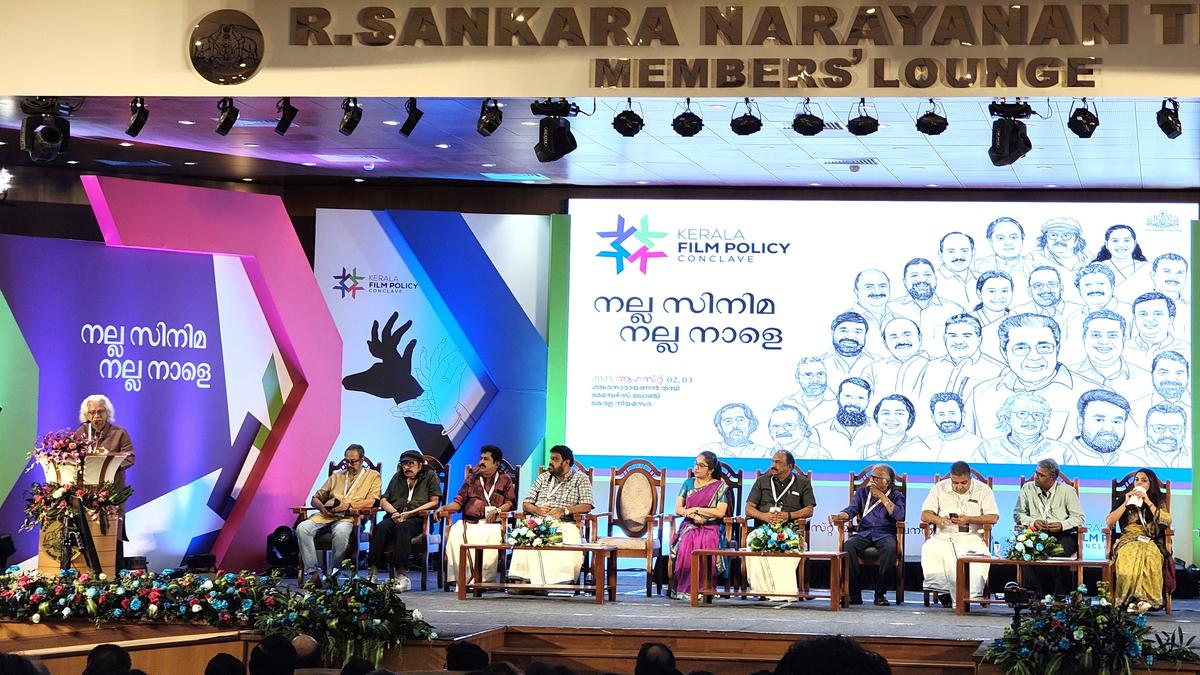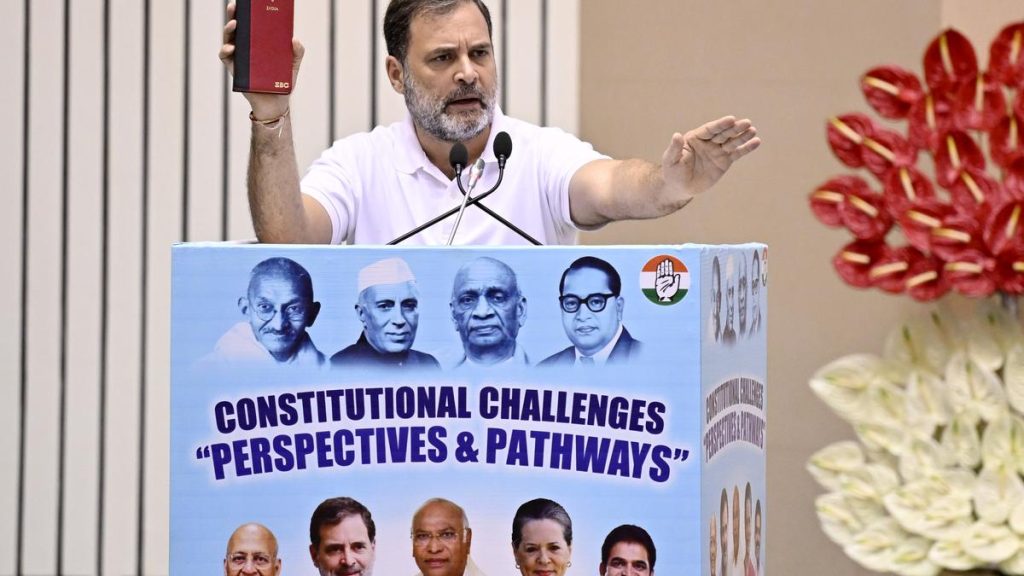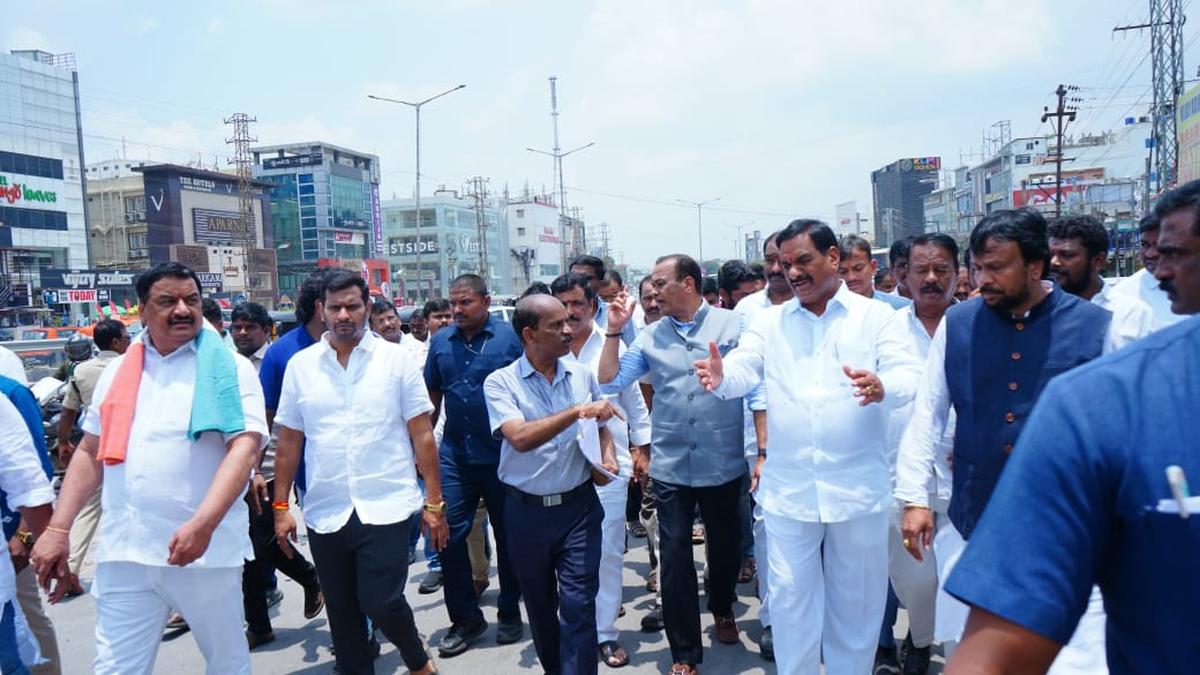Now Reading: Comprehensive Policy for Malayalam Film Industry Coming Soon: Saji Cherian
-
01
Comprehensive Policy for Malayalam Film Industry Coming Soon: Saji Cherian
Comprehensive Policy for Malayalam Film Industry Coming Soon: Saji Cherian

Swift Summary
- The Kerala Film Policy Conclave concluded after two days,with commitments to draft a comprehensive policy for the malayalam film industry within 2-3 months.
- Panel discussions covered nine major subjects, followed by open forum sessions with stakeholders and experts.
- Minister Saji Cherian committed to addressing wage disparity between junior artistes and stars, poor working conditions, and ensuring safety on sets.
- Plans to introduce ID cards to bolster safety measures across all sections of the industry.
- Entertainment tax elimination is being considered to resolve double taxation in the sector; ₹5 crore allocated for implementing e-ticketing this year through collaboration with Digital University Kerala.
- Single-window systems will be established for granting shooting permits; at least one screening per theater will be reserved for self-reliant films.
- Further subsidies will be examined for independent films; student film festivals may be organized as part of broader cultural initiatives.
- Promises were made regarding modernizing old cinema theatres and improving welfare fund systems.
Indian Opinion Analysis
The conclusions from the Kerala Film Policy Conclave reflect an encouraging initiative toward strengthening both cultural depiction and economic fairness within the Malayalam cinema industry. By focusing on critical concerns such as wage disparity, long working hours, set safety standards-especially gender equity in workspaces-and financial issues like double taxation relief and digitizing ticketing processes, these proposals aim at holistic reform.
The inclusion of support mechanisms like single-screen allocations for independent films could foster diversity in storytelling by promoting low-budget projects. Additionally, modernizing outdated infrastructure (such as old cinema halls) signals an acknowledgment of evolving consumer demands while possibly boosting local economies. If implemented effectively within 2-3 months as proposed, these reforms may serve as a model framework not just regionally but nationally. Continued transparency during implementation stages remains crucial.
Read more: Link





















